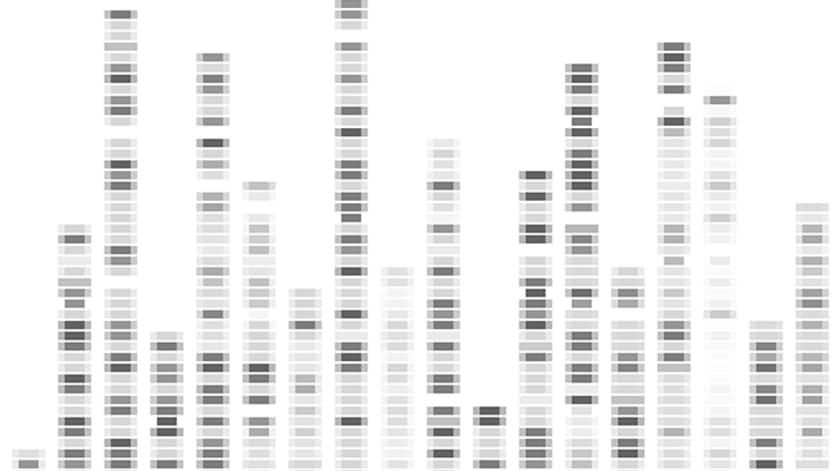
Conference News





January 07, 2026
AACR 2025: Pretrained AI Models Could Help Accurately Diagnose Nonmelanoma Skin Cancers in Resource-Limited Settings
The ASCO Post
Daily News
Stay up to date with the latest clinical headlines and other information tailored to your specialty.
Thank you for signing up for the Daily News alerts. You will begin receiving them shortly.

January 02, 2026
Miami Cancer Institute Precision Oncology Symposium, Fourth Annual
Baptist Health South Florida



Advertisement
Recommendations
Advertisement
